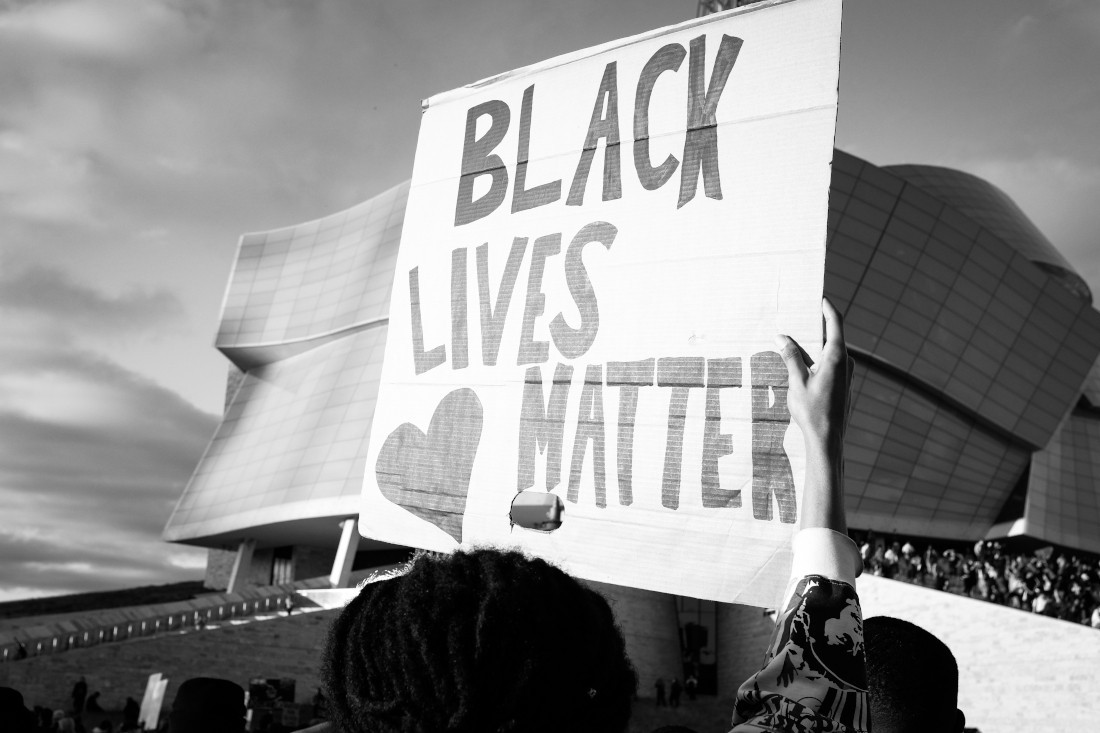Writing on wokeness
Scholars argue anti-woke rhetoric has racist underpinnings
The word “woke” rose to popularity amid growing public discourse around the Black liberation movement. While the term itself has multiple origins and histories, it can be traced to AAVE, African-American Vernacular English. It was first used decades ago and has since become a catchall to reference progressive issues.
Chigbo Anyaduba, an assistant professor of English at the University of Winnipeg (U of W), defines “woke” as “an expression of solidarity and communal kinds of connection on the basis of racial consciousness.”
“The idea of staying ‘woke’ is a way to tell someone who understands a shared experience of racism to be on the alert, to be mindful, to be aware, but also to look out for one another,” he says.
The resurgence of the Black Lives Matter movement popularized the term. “Woke” now no longer serves only as a warning about racial injustices. It’s also used to flag social inequities like homophobia and classism.
More recently, this term has been appropriated by right-wing leaders as a way of dismissing any actions or policies they view as too progressive.
Anyaduba describes this as a “process of demonization” in which language itself becomes a vehicle for oppression. The goal of racism is to demonize these “shared meanings of solidarity and consciousness.”
“Wokeness is understood within the context of anti-racist struggle as a (term) that brings people together. To reconstruct wokeness and place upon it all these scenes of anti-racist work and mindset is one way to (vilify) that expression,” he says.
Peter Ives, a political science professor at the U of W, says the weaponization of the word “woke” is “a disturbing mainstreaming of relatively overt racism.”
“To be woke is to be awake to racial injustice,” he specifies. “To be anti-woke is an expression that (says) racist injustice is acceptable.”
At a recent campaign rally, Winnipeg mayoral candidate Jenny Motkaluk vehemently rejected what she describes as “woke culture.”
“I reject critical race theory and the attempt to disrupt our community with fake news, fake labels and collective guilt for our imperfect past,” Motkaluk said.
This outcry against wokeness is more than a conscientious objection to a political principle. This strategic criticism of the left has greater ramifications, Ives says.
“Unlike ‘political correctness,’ which is a problem because it rarely leads to any articulate criticism but tends to be an overly generalized slur, the use of ‘woke’ in this way is an expression that racism is okay.”
Anyaduba says that the reluctance to implement critical race theory, anti-racist types of schoolwork or diversity in schools is just another reassertion of power.
“The so-called anti-woke movement or backlash has to be understood for what it is: racism and an expression of deep-seated unwillingness to redress the racist structures of society.”
Racist ideology is circulated by those in positions of power. Many have become comfortable with expressions of overt racism, “as if the term ‘woke’ somehow justifies their position,” Ives says.
“It certainly does not lead to any useful conversation or dialogue. It is a raw emotive expression of racism with no other goal.”
Published in Volume 77, Number 07 of The Uniter (October 27, 2022)








